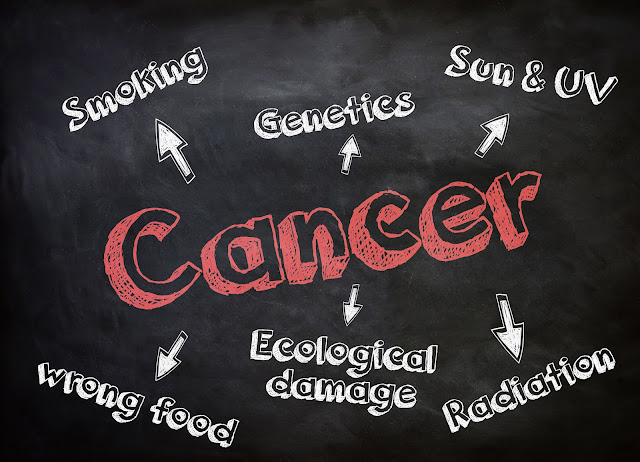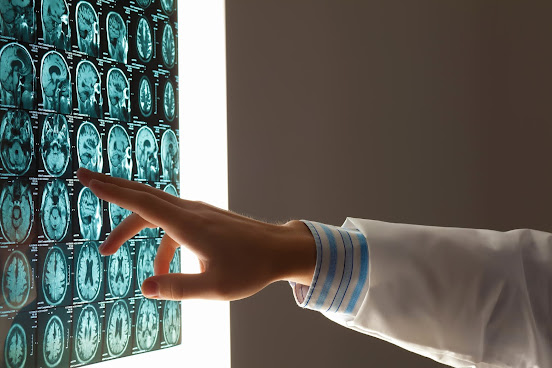What is an oncology doctor? Get to know about it!
Once a patient is diagnosed with cancer, he/she turns to the internet to learn about the anticancer drugs and treatment protocols and navigate to find a specialist who can treat cancer, what we call an ‘oncology doctor’.
What is an oncology doctor?
An oncologist or oncology doctor is a person who specializes in diagnosing and treating cancer. They act as the main health care providers who help to design treatment plans, and coordinate with other medical specialists to provide supportive care.
What does an oncologist do?
An oncologist role is centred towards complete cancer treatment from diagnosis to follow up. He/She will help to:
Confirm a cancer diagnosis using specialized tests
Detect the type, location and stage of cancer
Provide a list of possible treatment plans and set recommendations for selecting the best treatment option
Help to manage the symptoms as well as side effects associated with both disease and treatment
Discuss the disease, treatment and survival with family members and friends
Maintain follow-ups after treatment
What types of oncologists can one see?
Depending upon the nature, location and stage of cancer, there are different types of an oncologist who provides specialized services for cancer treatments such as:
Medical oncologist: He/She is a doctor who specializes in diagnosis, staging and treating cancer using medications such as chemotherapy, hormonal therapy, targeted therapy and immunotherapy. He/She is the primary care provider who helps to ease the symptoms and side effects continue with checkups and follow up pre and post-treatment respectively
Surgical oncologist: He/She is a doctor who specializes in performing biopsies of cancerous tissues and invasive surgical procedures to remove tumours and surrounding cancerous tissues. He/She will also help to prepare and recover from surgery
Radiation oncologist: He/She is a doctor who specializes in treating cancer with radiation therapy. Radiotherapy uses high-energy photon beams to target, destroy and shrink tumours and cancer cells. In some cases, radiation oncologists also perform brachytherapy to treat cancer patients, which involves the implantation of radioactive material next to the tumour
Other subspecialists: Many cancer types are treated by other oncology subspecialists such as:
Pediatric oncologists who specialize in treating cancer affecting children or childhood cancers.
Gynecologic oncologists who specialize in treating cancers affecting the female reproductive systems such as ovarian cancer, vaginal cancer, cervical cancer, vulvar cancer and endometrial cancer
Haematologist oncologist who specializes in diagnosing and treating blood cancers such as leukaemia and lymphoma
Neuro-oncologist who specializes in treating cancers of brain, spine and nervous system
Takeaway
Diagnosis with cancer is frightening and stressful and patients often hesitate because there are a lot of questions to ask. A little white lie can be bad for health, especially when it comes to a deadly disease like cancer. It is important to talk with the oncology doctor openly and honestly to get the best possible treatments. Don’t forget, your partnership with your oncologist is a key part of the cancer journey.
Also, Explore major treatment options for treating cancer.
Frequently asked questions (FAQs)
Q. Does an oncologist only treat cancer?
Ans. An oncologist is specialized to treat various types of cancers such as lung cancer, breast cancer, liver cancer and many more. However, in some cases, an oncologist can also treat blood disorders if he/she is certified to practice haematology.
Q. Why would you be referred to an oncologist?
Ans. If a person has been suspected to have cancer, your general practitioner will refer him/her to a doctor specialised in medical oncology. A tissue sample (biopsy) is taken and it is examined by a pathologist. If it is found to be cancerous, a series of diagnostic tests and scans are done to determine the size, location, and stage of cancer. After diagnosis, an oncologist will work as a team to suggest different treatment options to the patient.




Comments
Post a Comment